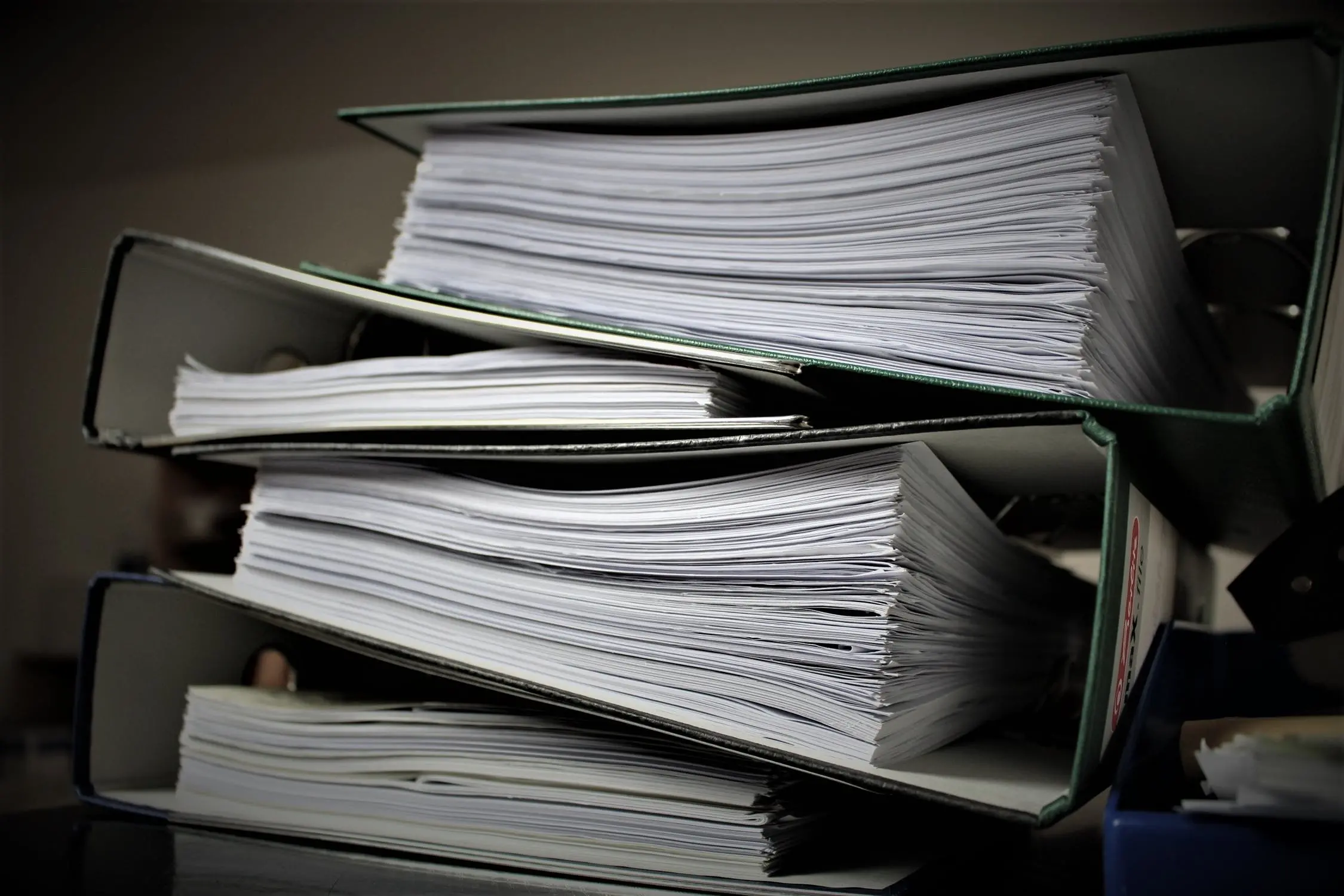Actually cramming works to pass a test, and for millions of students that is the only goal for their education. Eighty-five percent of the students entering university in 2016 were doing so in order to get a qualification that would lead to a better job. For them, cramming works, because they have no intention to learn anything, just get a degree.
Research tells us that immediately following a lecture, students recall about 42% of the material. Two weeks later, they recall about 20%. A year later, they recall less than 10%. Although cramming will get a student through an exam, they don’t really learn anything.
The why is really quite simple. When students study for a test they are using what is called episodic memory. Episodic memory is a type of memory that we use every day. When you think about what you ate for breakfast this morning or what you ate for dinner last night, you really don’t have much trouble remembering. That is your episodic memory. However, if you try to remember what you had for lunch a week ago last Tuesday there are few if any of us who could recall the delectable feast. If I ask you what you did on Tuesday afternoon on January 17 of this year, unless you have a regularly scheduled event of participated in an emotionally charged event, it is very unlikely that you could tell me what you were doing. Even if you could tell me because you have a regularly scheduled event on Tuesday afternoons, there is an almost zero probability that you could remember what exactly took place at your event that day. That is because episodic memory isn’t designed to remember that way.
Episodic memory is the type of memory students use when they cram for an exam. They put a lot of information into their episodic memory that they have no intention of retaining, they use the information to get through the exam (some doing very well), and then they dump the information as being useless in the same way that we dump the memory of climbing the stairs to somewhere on March 15th.
Episodic memory is the kind of memory we use when we have regularly scheduled lectures to attend. Writing down the information has a negligible effect on remembering more than sitting passively. Having notes available does not help at all. The purpose of handwritten notes or lecturer provided notes is to provide the student with information that they can use for cramming.



Leave your comments
Post comment as a guest